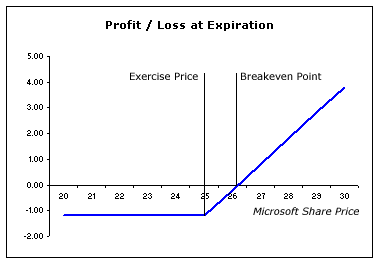So I was talking to the wife using Viber when Viber acted up and disconnected. This happened a couple of times. Then I moved to FaceTime, but that too had problems, and started acting up. Finally I got irritated and decided I wouldn’t mind spending some money for uninterrupted conversation, so picked up my phone and dialled ISD.
And I told the wife, “I was getting damn irritated with packet switching, so I moved to circuit switching”. And then we got talking on why Viber was so irritating, and we talked about Tanenbaum (both of us really loved that textbook of Networking) and acknowledgements and transmission of messages on unreliable channels – which can only happen by introducing redundancy – which becomes painful in a human-to-human direct conversation.
I have an engineering degree, and am fairly good at maths, and read a fair bit of economics and history, so keep popping up concepts from these in my regular conversation. Some people find it abhorrent, and wonder if I’ve landed from another planet, given that I talk this way. For example, I remember using the word “incentivise” while answering a question at a quiz (which had nothing to do with economics). I often rationalise purchases saying they offer “option value” – real options are one thing that I think I understand. And so forth.
From this perspective I think it’s really wonderful that I’m married to someone who not only tolerates this geek talk but actively encourages and participates in it! Like the wife has now become a big proponent of the concept of option value (though admittedly she has just joined B-school so is yet to appreciate the finer points of the Black-Scholes-Merton model). I’m not sure if before she met me she would quote as regularly from Harry Potter as she does now (or maybe I’m taking too much credit). And she keeps peppering examples from physics and astronomy and electrical engineering in her normal day-to-day conversation.
And speaking of physics and option theory and sporting analogies, I get damn irritated when people describe curves as the one below as “hockey sticks”.

I’m Indian, and the only hockey I know is “field hockey”, whose stick looks like a J. So whenever someone mentions “hockey stick” I start imagining a J-shaped curve. As for the above curve, I sometimes (especially when I’m hanging out with banker types) describe it as “call option payoff”. When I’m hanging out with more scientific types, I describe it as “photoelectric effect”.
I wonder how our kids will turn out!